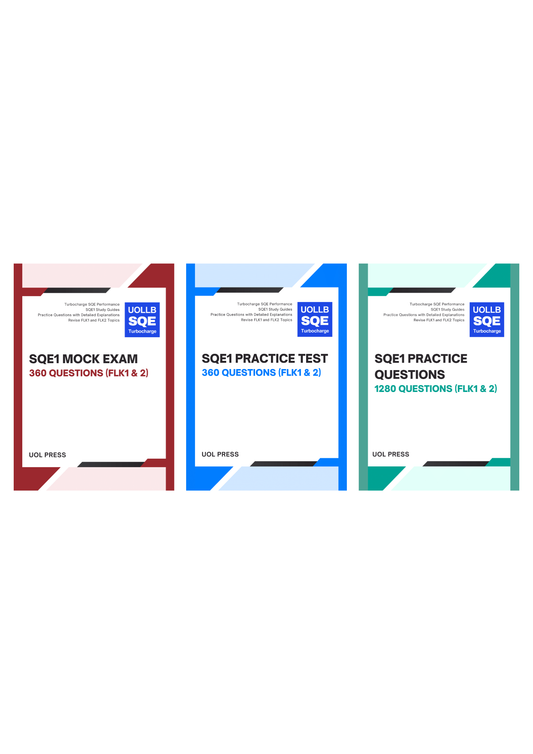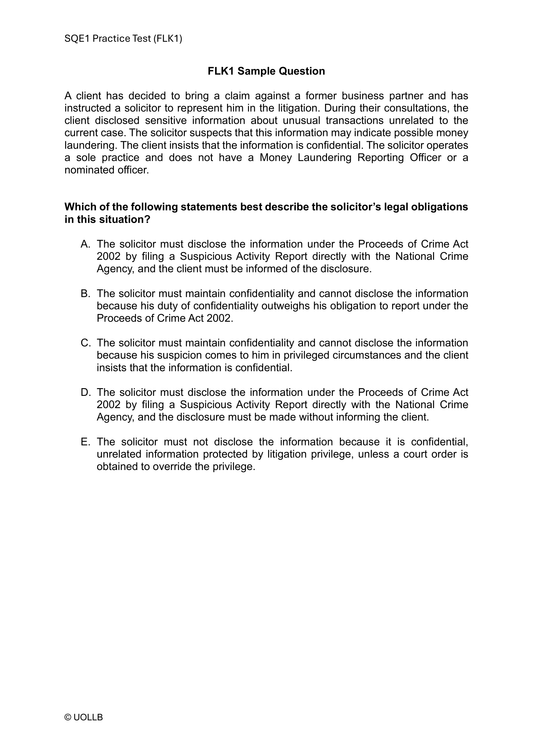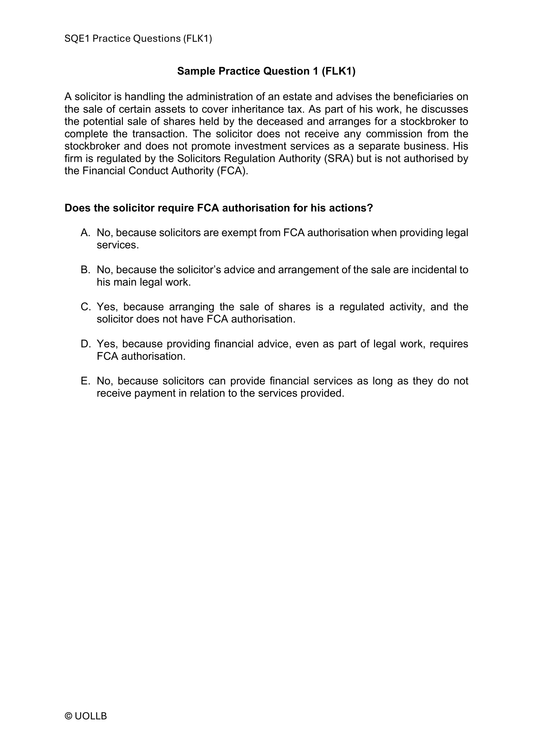How to Answer Law Firm Top 10 Interview Questions?
Share
Law firm interviews often include a range of questions that assess your legal knowledge, skills, and fit for the firm. Here are some common law firm interview questions, along with tips on how to answer them effectively:
Tell me about yourself.
Answer Tip
Provide a concise summary of your professional background, highlighting relevant experiences and skills.
Example Response
I recently graduated from University of Cambridge with a first-class honours degree in law this year. During my studies, I focused on corporate law and gained practical experience through internships at Clifford Chance and Slaughter and May. I am particularly passionate about transactional work and have developed strong research and negotiation skills. I am excited to contribute my knowledge and dedication to a firm known for its excellence in corporate law.
Why are you interested in working for our law firm?
Answer Tip
Tailor your response to highlight specific aspects of the firm that appeal to you, such as its practice areas, reputation, or culture.
Example Response
I have been following your firm's success in complex litigation cases, and I am impressed by your track record of achieving favourable outcomes for clients. I am also drawn to the collaborative work environment you foster, as I believe it will allow me to learn from experienced attorneys and contribute effectively to client matters. Your commitment to pro bono work aligns with my values, and I am eager to join a firm that values giving back to the community.
Describe a challenging legal problem you faced and how you resolved it.
Answer Tip
Choose an example that highlights your problem-solving and analytical skills, emphasising the steps you took to address the issue and the successful outcome.
Example Response
During my internship at Slaughter and May, I worked on a complex trademark infringement case. The challenge was to analyse the client's trademark rights, gather evidence, and develop a strong legal argument. I conducted thorough legal research, interviewed witnesses, and collaborated with senior attorneys to build a compelling case. Ultimately, we successfully negotiated a favourable settlement for our client, protecting their intellectual property and resolving the dispute amicably.
How do you manage your time and prioritise tasks?
Answer Tip
Demonstrate your organisational skills and ability to handle multiple responsibilities by explaining your approach to time management.
Example Response
To manage my time effectively, I rely on creating to-do lists and using productivity tools to track deadlines and milestones. I prioritise tasks based on urgency and importance, ensuring that I allocate sufficient time to high-priority projects. I also believe in open communication and collaboration, regularly updating colleagues and supervisors on progress. This allows for effective coordination and ensures that everyone involved is aware of project timelines and potential bottlenecks.
Why did you choose to specialise in a particular practice area?
Answer Tip
Share your genuine interest in the practice area, emphasising any relevant experiences or coursework that solidified your passion.
Example Response
During my studies, I was exposed to various areas of law, but it was my coursework in intellectual property that truly captured my interest. I was fascinated by the intersection of law and innovation, and the opportunity to protect and enforce intellectual property rights. I further developed my passion through internships at IP-focused firms, where I gained hands-on experience in trademark prosecution and copyright infringement matters. These experiences solidified my decision to specialise in intellectual property law and pursue a career in this dynamic field.
How do you handle pressure and tight deadlines?
Answer Tip
Demonstrate your ability to thrive in high-pressure situations by describing specific strategies you use to stay organised, focused, and meet deadlines.
Example Response
I thrive under pressure and tight deadlines by implementing effective time management techniques. I break down tasks into smaller, manageable steps, prioritise them based on urgency and importance, and create a realistic timeline. Additionally, I communicate proactively with team members to ensure everyone is aware of deadlines and progress. By maintaining a calm and organised approach, I can handle pressure while delivering quality work. For example, during my previous internship, I successfully managed multiple urgent client matters simultaneously by employing these strategies.
How do you stay updated on changes and developments in the legal industry?
Answer Tip
Highlight your commitment to ongoing learning and staying informed about legal trends, news, and developments.
Example Response
I believe in the importance of staying updated on changes in the legal industry. I regularly read legal publications, subscribe to newsletters, and participate in professional development programs and webinars. I am an active member of professional associations, attending conferences and networking events to connect with peers and learn from industry experts. By staying informed, I can provide clients with the most up-to-date and relevant legal advice. For instance, I recently completed a course on emerging technologies and their impact on intellectual property law to stay ahead of industry advancements.
Describe a time when you had to adapt to a challenging or unexpected situation.
Answer Tip
Showcase your adaptability and problem-solving skills by discussing a specific instance where you successfully adjusted your approach to overcome a challenge.
Example Response
During a trial preparation, a key witness unexpectedly fell ill, jeopardising the availability of crucial testimony. To address this situation, I quickly assessed the situation, identified alternative options, and worked with the team to develop a contingency plan. We contacted other potential witnesses, gathered additional evidence, and adjusted our trial strategy accordingly. As a result, we were able to present a strong case despite the unexpected setback and achieved a favourable outcome for our client.
How do you handle complex legal issues that require extensive research?
Answer Tip
Demonstrate your research skills and ability to navigate complex legal matters by outlining your systematic approach to conducting thorough research and analysing relevant information.
Example Response
When faced with complex legal issues, I begin by thoroughly researching applicable statutes, regulations, case law, and secondary sources. I use a combination of online legal databases, library resources, and expert opinions to gather comprehensive information. I organise my findings, identify relevant precedents, and critically analyse them to develop a well-rounded understanding of the issue. I also seek guidance from senior colleagues or supervisors when needed. By adopting this meticulous approach, I can effectively address complex legal matters and provide accurate and well-supported advice to clients.
Tell me about a time when you demonstrated strong teamwork and collaboration skills.
Answer Tip
Showcase your ability to work effectively in a team by describing a specific example where you collaborated with others to achieve a common goal.
Example Response
During a large-scale due diligence project, I worked closely with a team of attorneys and paralegals to review extensive documents within a tight timeframe. I actively participated in team meetings, shared insights, and delegated tasks based on individual strengths. By fostering open communication and maintaining a collaborative environment, we effectively coordinated our efforts, shared progress updates, and addressed any challenges together. Our teamwork resulted in a comprehensive due diligence report that impressed the client and contributed to the successful completion of the transaction.
Answering interview questions in a way that impresses your interviewers is no easy task. You are advised to practise your responses beforehand, focusing on clear and concise communication. Be sure to showcase your legal knowledge, critical thinking abilities, and enthusiasm for the legal profession. It is also helpful to research the firm's values, practice areas, and recent cases to tailor your answers and demonstrate your interest in their specific work.





























































